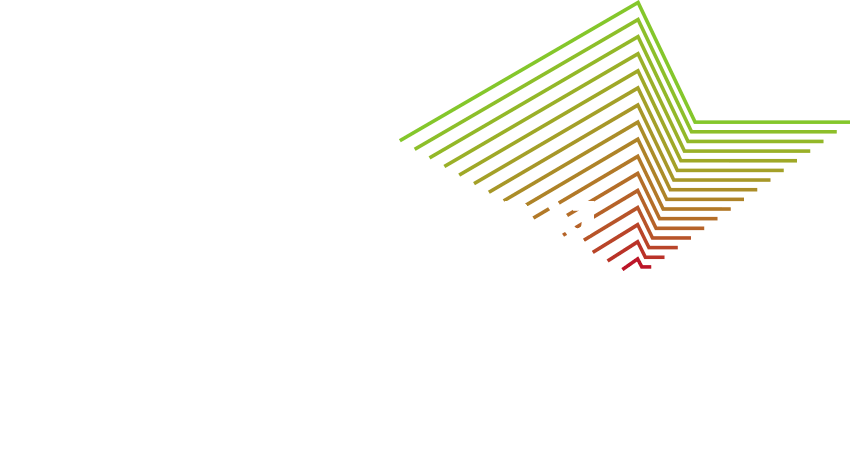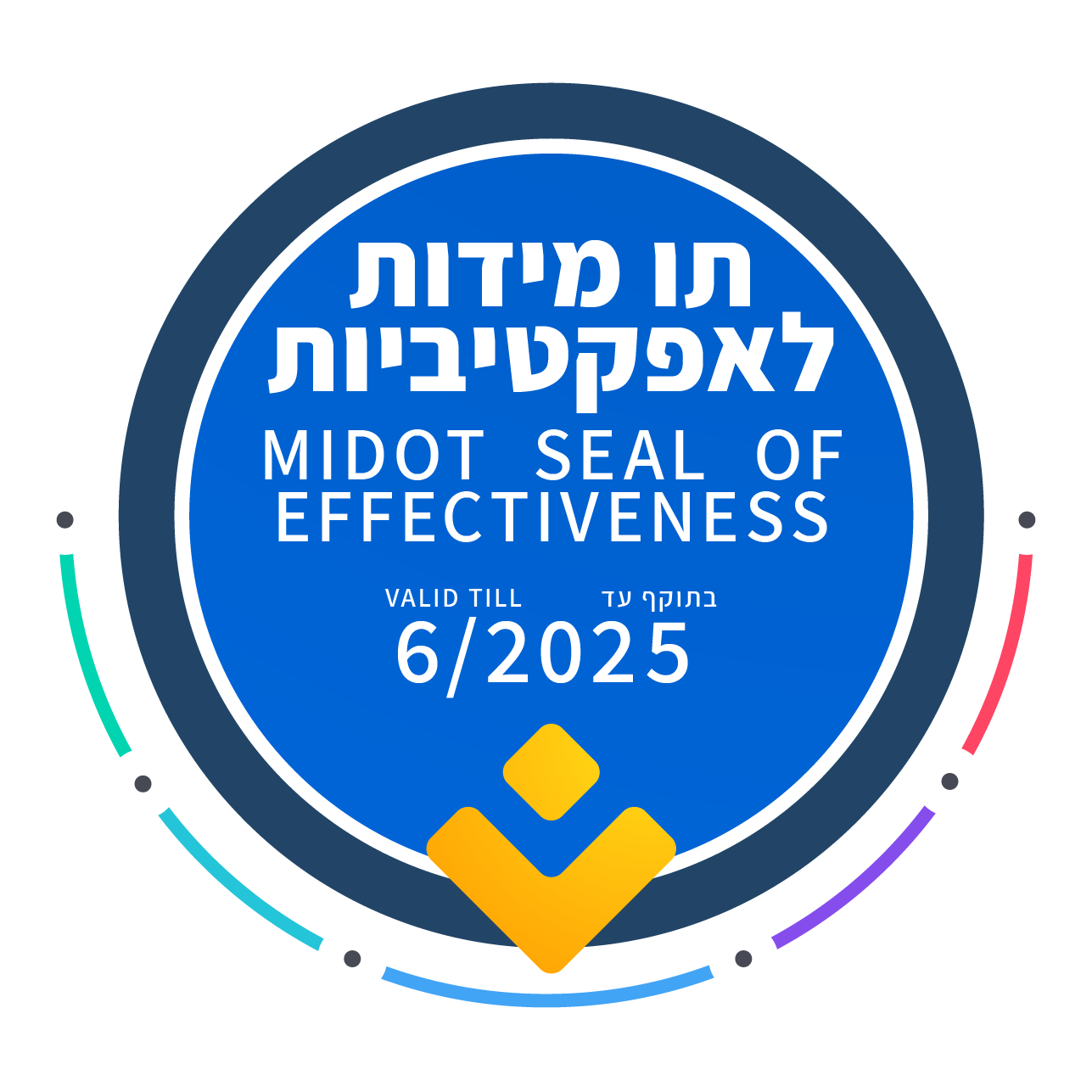וייל, ש. 1995. "זה חסר תועלת לסמוך על בן-אדם": קשיים מתודולוגים בחקר חברות לא מערביות עם התייחסות ליהודי אתיופיה בישראלHuman Organization 54 (1): 1-9.
Weil, S. 1995. "It is futile to trust in man": Methodological difficulties in studying non-mainstream populations with reference to Ethiopian Jews in Israel. Human Organization 54 (1): 1-9.
תרגום והקדמה: Y.E.S – Young Ethiopian Students
למה אתיופים לא יכולים להבין ולחקור את תרבותם וקהילתם? ולמה הורים אתיופיםמסוגלים לשכוח (במודע או שלא) את ילדיהם המתים? – ציטוטים ממאמרה השערורייתי של ד"רשלוה ויל, נשיאת "העמותה למדעי יהדותאתיופיה". לקרוא ולא להאמין.
חברות, חברים, הדברים שאתם עומדים לקרוא אינם פשוטים. לאחרונה, מצאתי אותם במקרה ומאז אני נסער קשות. בחרתי להניח אותם כפי שהם, ללא נגיעה. הם מתורגמים מאנגלית, והמקור מונח אחרי העברית (כדי שכלאחד/אחת יוכל לשפוט בעצמו), הדברים כל כך בוטים שלא נותר לי אלא להניח אותם כפי שהם ולראות בהם שיקוף לדעות קדומות ובורות גדולה אף יותר, המתקיימים בהרמוניה אצל מחברת המאמר. ציטוטים אלו הם חלק ממאמר שנכתב על ידי ד"ר שלוה ויל, שהיא גם נשיאת עמותה בשם "העמותה למדעי יהדות אתיופיה". אני מקווה שא/נשים שיקראו את הדברים הבאים יביעו את דעתם על הכתוב ויתרמו למלחמה בבערות של אקדמאים פרנג'ים.
* מספר הערות – כדי להבהיר את ההקשר – מופיעות בסוגרים, בחלק מהציטוטים.
The Ethiopian, for their part, expected the researchers to help them immediately in return for information … their requests varied from help in studying, to aid solving administrative and financial problems, to requests for finding relatives. For some researchers, the obstacles were so great that they dropped out.” (p.1).
האתיופים, מצידם, מצפים מהחוקרים שיעזרו להם באופן מיידי בתמורה למידע … הבקשות שלהם משתנות מעזרה בכניסה ללימודים לפתרון בעיות אדמיניסטרטיביות וכלכליות, וכלה בעזרה בחיפוש קרובים. לחלק מהחוקרים המכשולים היו כה גדולים שהם נאלצו לנשור. (ע"מ 1) (הכוונה נשירה מחקר אתיופים)
Even specific issues, such as sampling problems or the cooperation of informants, which crop up time and again in work with Ethiopian Jews in Israel, are familiar to researchers dealing with populations from third world cultures, who have different notions of time and different categories cognition form popularly known in the west. (p. 2).
אפילו נושאים ספציפיים, כגון בעיות דגימה או שיתוף פעולה של אינפורמנטים, אשר משחית זמן בעבודה עם יהודי אתיופיה בישראל. אלו דברים אשר מוכרים לחוקרים העוסקים עם אוכלוסיות מתרבות העולם השלישי, להם יש תפיסת זמן שונה וקטגוריות קוגניציה שונות מאלו הידועות לרוב במערב. (ע"מ 2)
The suspect that the researcher may come from the rabbinate, the Jewish Agency, the police, in fact, from anywhere except where she says she originates, namely the Hebrew university in Jerusalem! […] Sometimes I have found that the suspicion borders on paranoia. (p.2).
החשד שאולי החוקר הוא מהרבנות, הסוכנות היהודית, משטרה, בעצם מכל מקום, חוץ מהמקום שהיא אומרת שבאה ממנו, במיוחד מהאוניברסיטה העברית בירושלים! … מצאתי שלפעמים החשד גובל בפרנויה. (ע"מ 2)
Depending upon the circumstances, they may actually enjoy providing what we call “false information” so that the researcher will not have the correct ammunition to fuel the camps of the enemies. As Levine (1965:250) states, “The Amhara is a master at deception. (p.2).
תלוי בנסיבות, הם לפעמים נהנים לספק מה שאנו מכנים "מידע כוזב". וזה כדי שהחוקר לא יוכל לספק את התחמושת הנכונה למחנה האויב. כמו שלוין (1965:250) ציינה, "האמהרה הוא אומן ברמייה/הטעיה". (ע"מ 2)
Since Ethiopia is such a hierarchical society, Ethiopians are continually seeking to dominate others. (p.3).
כיוון שאתיופיה היא חברה כל כך היררכית, האתיופים מחפשים ללא הרף לשלוט באחרים. (ע"מ 3).
First, fixing a research interview may be a frustrating experience. The informant may turn up hours late and not even understand why the researcher is upset. Alternatively, the interviewee may not turn up ay all!
I have even experienced these kind of problems when interviewing student who are part of an Ethiopian teachers’ training program, which I direct and by all accounts, have some sort of commitment to me. (p.3).
ראשית, לארגן ראיון למחקר יכול להיות חוויה מתסכלת. האינפורמנט יכול להגיע באיחור של מספר שעות ואפילו בלי להבין למה החוקר נסער מכך. לחילופין, המרואיין יכול ולא להופיע כלל!
אני חוויתי בעיות מהסוג הזה כשראיינתי סטודנטים שהם חלק מתוכנית הכשרה למורים, שאני מנהלת, ולכל הדעות יש להם איזה שהיא מחויבות כלפיי. (ע"מ 3).
One of the most intriguing Ethiopian cultural characteristics is their love of secrecy. (p.3).
אחד המאפיינים התרבותיים האתיופים המסקרנים ביותר היא האהבה לסודות. (ע"מ 3).
Determining age involves complicated mathematical calculations until one can reach the conclusion that a man or a woman is 68 or 73 years of age. Such a calculation may take an hour or two, before one can even start asking questions on the research topic. (p.4).
קביעת הגיל כרוכה בחישובים מתמטים מסובכים, עד כדי שאחד יכול להגיע למסקנה שהאיש או אישה הוא בגיל 68 או 73. חישוב כזה יכול לקחת שעה או שעתיים לפני שבכלל מתחילים לשאול שאלות הנוגעות לנושא המחקר. (ע"מ 4).
The number of children an Ethiopian states he has may also not be fixed, since it depends on how he/she counts them. The major problem is non-reporting or under-reporting. […] In practice parents may “forget” (either consciously or subconsciously) number of children who died. (Pp.4-5).
יכול להיות שמספר הילדים שהאתיופי מציין הוא אינו מדויק. וזאת בגלל שזה תלוי באופן שבו הוא סופר אותם. הבעיה העיקרית היא אי דיווח או דיווח המפחית במספר … בפועל, ההורים יכולים "לשכוח" (במודע או שלא במודע) את מספר ילדים שמתו. (ע"מ 4-5). (הכוונה את מספר הילדים שמתו להם!)
In the case of Ethiopian Jewry, it may be more important to be Jewish or Israeli and part of a common destiny then merely black or Ethiopian. (p.5).
במקרה של יהודי אתיופיה זה חשוב יותר להיות יהודי, ישראלי או בעל גורל משותף מאשר פשוט להיות שחור או אתיופי. (ע"מ 5).
* (את הדברים האלו היא כותבת בהקשר לקושי של חוקר פרנג'י לחקר את יהודי אתיופיה (בגלל זרותו, אי ידיעת התרבות והשפה). אחרי שהיא שללה חוקרים שחורים ואתיופים (טוענת שהם גם זרים), היא מנסה לבסס את הטענה שעדיף להיות חוקר ישראלי או יהודי מאשר "סתם" שחור או אתיופי).
In practice, being a female researcher/interviewer may present inordinate advantages over a male researcher/interviewer, because she has access to two worlds: the male world, by virtue of her being an outsider and therefore being treated “asexual” […] (p.5).
בפועל, להיות חוקר/מראיין אישה יכול להציב יתרונות גדולים, על פני גבר חוקר/מראיין. וזאת בגלל שהיא יכולה לחדור לשתי עולמות: עולמו של הגבר, מכוח היותה חיצונית/זרה ומכן מקבלת יחס כ"א-מינית"… (ע"מ 5).
* (כאן היא מנסה לבסס שהמין שלה (נקבה) לא המהווה בעיה, אלא ההפך, היא נתפסת על ידי הגברים כא-מינית, ומכאן הם נפתחים אליה בחופשיות. בציטוט הבאה – בסתירה גמורה לציטוט הזה – היא תסביר למה יש לחוקרת להישמר (מהטרדות מיניות) מהגבר האתיופי).
Ethiopian men may think that a female researcher is easy prey, as judged by her inappropriate dress or seemingly immodest behavior. It is up to the researcher to clarify matters at the outset. (p.6).
האתיופים יכולים לחשוב שהחוקר-אישה היא טרף קל, כשהם ששופטים אותה על פי מראה הלבוש או מה שנתפס כהתנהגות לא צנועה. על החוקר להבהיר את העניינים מלכתחילה. (ע"מ 6).
The native researcher. The obvious solution to the problem of “outsider” research is to employ native researchers either as senior researchers or as assistants or even translators. Several problems, however, arise with this seemingly effective solution. The first is a matter of objectivity and knowledge. As Beatty (1977:735) asks: “Do natives know their own cultures better than non-natives and can they explain the culture scientifically?” Being part of a culture may blind one to aspects of it. Vision may only be developed with objectivity and outsider status. Furthermore, scientific explanations, or even rational explanations as to behavior, may only be possible if one is non-native. (p.6).
החוקר הילידי. הפתרון הברור מאליו לבעיית החוקר "החיצוני"/"זר" הוא להעסיק חוקרים ילידים, כחוקרים בכירים או כעוזרים, או אפילו כמתורגמנים. אבל מספר בעיות עולות עם מה שנראה לכאורה פתרון יעיל. הראשון הוא עניין האובייקטיביות והידע. כפי שביטי (1977:735) שאלה: "האם הילידים יודעים את תרבותם טוב יותר מלא –ילידים והאם הם יכולים להסביר את תרבותם בצורה מדעית?" היותך חלק מהתרבות יכולה לעוור אותך לחלקים מסוימים ממנה. אפשר שכושר ראיה כולל יתאפשר עם אובייקטיביות וחיצוניות/זרות. יתרה מזאת, אפשר שהסבר מדעי או אפילו הסבר רציונאלי להתנהגות אפשרי אם אחד הוא לא-יליד. (ע"מ 6).
The future of “Ethiopian studying Ethiopian” raises some additional questions that native researchers are facing in general. The first is: to what extent will an Ethiopian Jew, How has gone through the Israeli higher educational system, end up being representative in any sense of his/her people? In other words, to what extent will such an Ethiopian Jew have any advantage over a non-Ethiopian, because in all likelihood by the time he is conducting serious research on the Ethiopian Jewish community in Israel, he will be alienated from it? […] by virtue of his origin, he will be identified on the basis of his family affiliation, geographical location in Ethiopia, and religious tendencies. […] Despite the problems …, it may still be an advantage to employ native assistant or interviewers, who can elicit information under particular circumstances […] A great deal of caution must be employed, however, since the researcher has no control over the interview or what is said by the respondent. (p.6).
העתיד בו "אתיופי יחקור אתיופי" מעלה מספר שאלות נוספות שהחוקרים הילידים ניצבים מולם באופן כללי. הראשון: באיזו מידה ומובן יהודי אתיופי, אשר עבר את המסלול של השכלה הגבוהה בישראל הוא מייצג של קהילתו? במילים אחרות, באיזו מידה ליהודי אתיופי שכזה יהיה יתרון על לא-אתיופי, וזאת בגלל שסביר להניח שעד שהוא יגיע לעשות מחקר רציני על קהילת יהודי אתיופיה הוא יהיה מנוכר ממנה? … מכוח מוצא הוא יזדהה על בסיס קשרי משפחה, מיקום גיאוגרפי באתיופיה ונטיות דתיות … למרות הבעיות … עדיין אפשרי להשיג יתרון בהעסקה של עוזר ילידי או מראיין אשר יכול לאסף מידע תחת נסיבות ספציפיות … מידה רבה של זהירות צריכה להינקט מכיוון שלחוקר אין שליטה על הראיון או מה שנאמר על ידי המרואיין. (ע"מ 6).
In the Ethiopian case, appropriate research is in itself a cultural phenomenon, and what we deem as appropriate or inappropriate may be otherwise perceived by the immigrants […] many academics are amazed when I tell them that Ethiopian informants are quit happy to converse with me on the details of their sex life or cases of rape, subjects that are often considered taboo in the west. (Pp.6-7).
במקרה האתיופי, מחקר רציני הוא שלעצמו תופעה תרבותית. ומה שאנו סבורים שהוא ראוי או לא ראוי יכול להיתפס אחרת על ידי המהגר … אקדמאים רבים נדהמים כשאני מספרת להם שאינפורמנטים אתיופים שמחים לספר לי בפירוט על חיי הסקס שלהם ומקרי אונס, נושאים שלרוב נחשבים כטאבו במערב. (ע"מ 6-7).
Since Ethiopian, in particular, need time both to give over information and to overcome their suspicion of “the Other”, participant observation may indeed be the best technique for researching Ethiopian. (p.7).
מאחר, ובייחוד אתיופים, זקוקים לזמן כדי למסור מידע ולהתגבר על החשד שלהם מ"האחר", תצפית משתתפת היא השיטה הטובה ביותר לחקור אתיופים. (ע"מ 7).
הערת מערכת האתר: בפנייה אל ד"ר וייל, על מנת לקבל את תגובתה, הנ"ל הגיבה כי היא נמצאת בחו"ל בעניין אישי ואינה פנויה לעסוק בנושאים אחרים.
תאריך יצירה: פברואר 2010.


